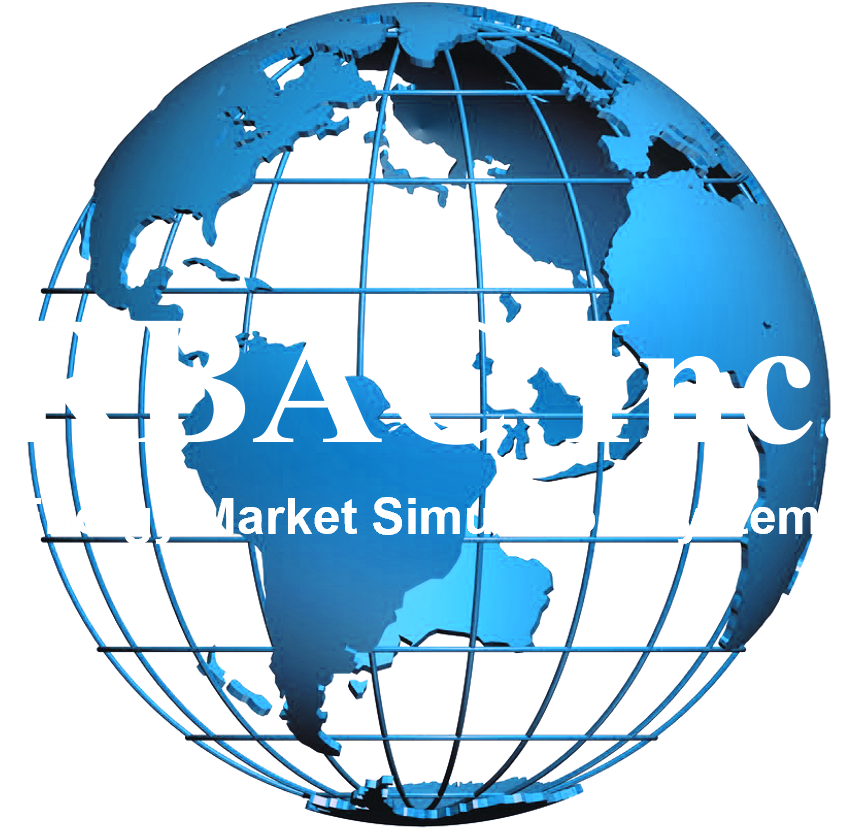Introduction: A Unique Path to Energy Leadership
In a world where energy experts often follow traditional career paths, Cyrus Brooks stands apart. A mechanical and aerospace engineering graduate turned human rights advocate, Cyrus brings an uncommon global lens to the conversation about energy, economics, and social impact.
In his recent appearance on the Energy Superheroes podcast, hosted by Peter Perri, Cyrus shared his unconventional journey — from volunteering in Tokyo to founding education initiatives in Australia, and eventually joining the energy industry, his story is as compelling as it is inspiring.
From Aerospace Aspirations to Advocacy Abroad
Cyrus began his academic journey studying mechanical and aerospace engineering at UC Irvine. However, rather than entering the defense sector, he pivoted to something more people-focused. “Do I really want to make better missiles?” he recalls asking himself.
The answer led him far from Southern California — to Tokyo, where he immersed himself in social activities including human rights campaigns and learned the importance of culture, perseverance, and community.
His time abroad spanned continents and causes, from supporting literacy and anti-drug campaigns in Australia to seeing firsthand the extreme poverty and energy scarcity in South Africa and worked to do something about it.
Each chapter informed his growing belief that energy access is fundamental to lifting people out of poverty. “If energy means ‘activity’, it also kind of gives you a clue of what you would need to do to actually unlock those economically depressed areas. Energy has to do with activity. Activity has to do with economics. … What we need to do is we need to get more economic activity in those areas. And that has to be fueled by energy,” Cyrus said.
Seeing Poverty, Understanding Energy
In 2023-2024, Cyrus lived in South Africa and saw how energy poverty directly impacted communities. He described “unauthorized dwellings” in Cape Town’s townships — homes constructed from scrap materials, often tapping dangerously into local electrical lines. Fires, cold, and unreliable electricity were part of life.
“Sometimes they would have a fire inside [to keep warm] … and sometimes the fire would spread, and all of the houses would be gone like [it] would just wipe it out. All this had to do with energy,” he explained. But he cautions against well-meaning but ineffective approaches. Rather he advocates to people to “be cause, not effect,” in regards their financial situations — advocating for solutions that involve communities in their own economic uplift rather than perpetuating unviable dependency which never adds up to real economic mobility.
Returning to RBAC: Merging Tech and Compassion
Cyrus’s return to the United States marked another turning point — joining RBAC, Inc., the company his father, Dr. Robert Brooks, founded in the 1990s. What began as a doctoral thesis on natural gas markets at MIT has grown into the most robust market simulation platform in the industry.
RBAC’s models, such as the GPCM® Market Simulator for North American Gas and LNG™, help energy companies, regulators, consultants, and governments simulate market behavior and make data-driven decisions. “We can see actually [what happens] if you build a pipeline through New York to New England and supply gas to New England,” Cyrus noted.
A Win-Win Philosophy for Energy and Society
What drives Cyrus today is a philosophy rooted in both engineering and ethics — the belief in win-win outcomes. He points out that energy companies have a tremendous opportunity to improve public goodwill by investing in underserved areas. “You know the best thing you could really do is bring energy to areas in a way that allows increased economic activity. If you do that, then the local area is going to rise.”
This, he says, is how the energy industry can move forward — not only by advancing technology and market strategy, but by uplifting communities. “If you tie your basic physics and engineering to your economics and then add some compassion, you could really entirely change an area.”
Conclusion: A Bigger Picture for Energy’s Role
Cyrus’s story is a reminder that the energy sector doesn’t operate in isolation. It’s part of a broader ecosystem that includes culture, economy, human rights, and education. His experiences around the globe inform his work at RBAC, making the company’s mission not only about simulating energy markets, but about shaping a better energy future.
RBAC’s tools are helping decision-makers across the energy landscape — from consultants to utilities to regulators — model smarter, plan further, and create a more inclusive energy economy.
RBAC is the market-leading supplier of global and regional gas and LNG market simulation systems used by the energy industry and related government agencies for over two decades. The GPCM® Market Simulator for North American Gas and LNG™ is the most widely used natural gas market simulation system in North America. RBAC’s G2M2® Market Simulator for Global Gas and LNG™ has been instrumental in understanding evolving global gas and LNG market dynamics and is vital to fully grasp and leverage the interrelationship between the North American and global gas markets.


